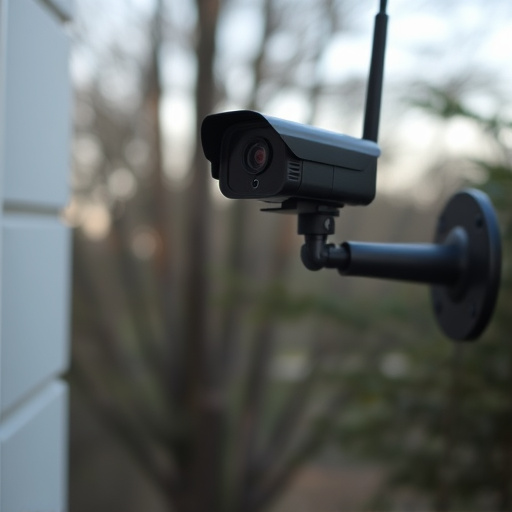Hidden spy cameras powered by wireless technology have transformed surveillance, offering discreet real-time monitoring via Wi-Fi or cellular networks. They have diverse applications from home security to professional surveillance but raise serious privacy concerns if installed illegally. To ensure effectiveness, factors like camera quality, reliable wireless connection and strategic placement are essential. The widespread use of these devices has sparked debates around legal and ethical boundaries, with many jurisdictions having strict regulations against unauthorized deployment. Responsible practices include obtaining consent, understanding laws, and respecting privacy to maintain public trust.
“Uncover the intriguing world of hidden spy cameras, powered by wireless technology. This article explores the advanced applications that make these devices versatile, from home security to professional surveillance. We delve into the benefits and considerations, including privacy concerns and legal boundaries. Understanding the ethics and legality of hidden wireless cameras is essential, as they navigate a complex landscape. Discover more about this innovative yet controversial technology.”
Understanding Hidden Spy Cameras: Wireless Technology and Applications
Hidden spy cameras, powered by wireless technology, have transformed the landscape of surveillance and security. These sophisticated devices are designed to operate discreetly, often blending into everyday objects like smoke detectors, power outlets, or even decorative items. The wireless aspect offers unparalleled flexibility; they can transmit footage remotely via Wi-Fi or cellular networks, allowing users to monitor activities from virtually anywhere in real time.
Applications of hidden spy cameras are diverse and far-reaching. From home security and child monitoring to professional surveillance, these devices provide a sense of peace of mind and enhanced safety. Their wireless nature enables easy installation, making them accessible to individuals and businesses alike for a range of needs, including evidence gathering, property protection, and remote supervision.
Benefits and Considerations of Using Hidden Wireless Cameras
Hidden wireless cameras, also known as spy cameras, offer a range of benefits for both personal and professional use. One of the primary advantages is their discreet nature; they can be placed virtually anywhere without drawing attention, making them ideal for surveillance purposes. For instance, in homes, these devices help enhance home security by capturing evidence of potential intruders or unusual activities. In businesses, hidden spy cameras play a crucial role in loss prevention and monitoring employee behavior.
However, the use of hidden wireless cameras also raises several considerations. Privacy is a significant concern; installing such cameras without consent can be illegal and invade individuals’ privacy. Ethical implications should be carefully thought through, especially when placing them in public spaces or common areas within buildings. Additionally, ensuring the camera’s quality and reliability is essential to capture clear footage. Proper placement and wireless stability are also critical factors to guarantee effective surveillance.
Legal and Ethical Implications: Navigating the Use of Hidden Cameras
The prevalence of hidden spy cameras, especially wireless models that can be easily concealed and controlled remotely, has raised significant legal and ethical concerns. While these devices offer enhanced privacy protection and security for individuals and businesses, their unauthorized use can infringe upon personal privacy rights guaranteed by law. Many countries have stringent regulations in place to combat the illegal deployment of hidden cameras, with penalties varying from fines to imprisonment. Ethical considerations also come into play when discussing the use of such devices, particularly regarding consent and the potential for abuse or invasion of privacy.
Navigating the legal and ethical landscape surrounding hidden spy cameras requires a delicate balance. Legitimate users, such as law enforcement agencies or homeowners seeking enhanced security, must operate within clearly defined boundaries to ensure their actions remain lawful and respectful of individual rights. This involves obtaining necessary permissions, understanding relevant laws, and adopting responsible practices that uphold privacy integrity and foster public trust.
